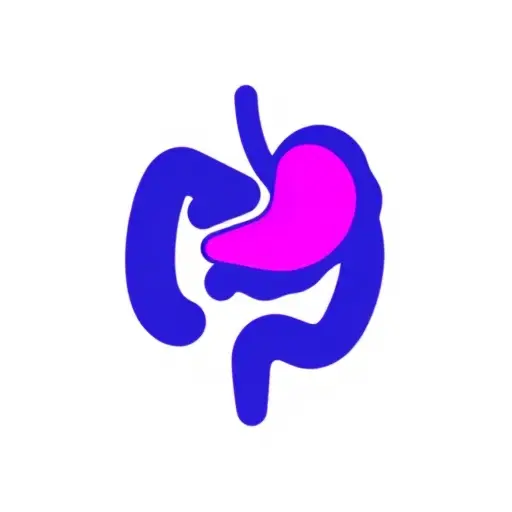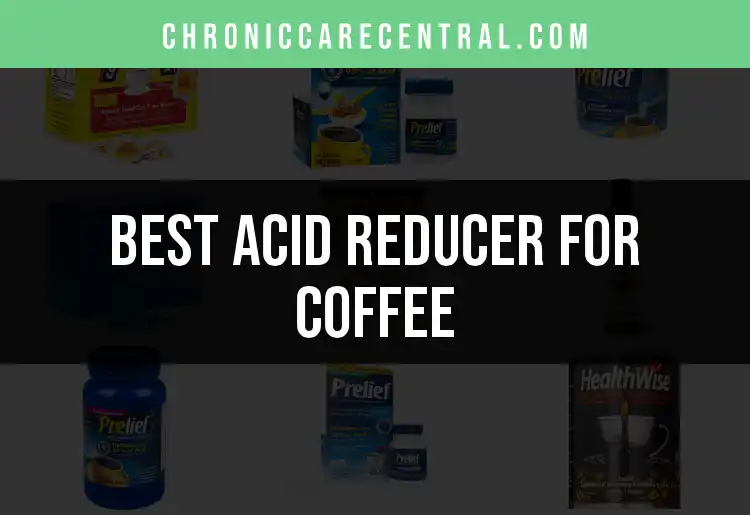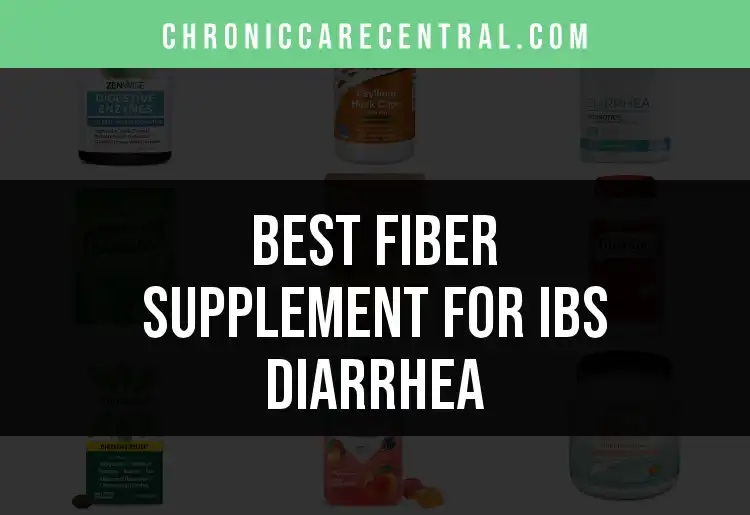Introduction to Digestive Health
Digestive health lies at the foundation of overall well-being. The digestive system is responsible for processing food, absorbing nutrients, and eliminating waste. When functioning optimally, it supports energy, immunity, cognition, and even mood. However, when disrupted by illness or poor habits, it can manifest a wide range of uncomfortable or serious symptoms, from bloating and constipation to chronic disease.
Many factors can impact digestive health, including genetics, diet, stress levels, medications, and lifestyle choices. Moreover, advances in medical research over the past decade have put a spotlight on the fascinating connections between the gut microbiome and virtually every aspect of our health.
This guide explores the digestive system in detail—anatomy, function, common conditions, the power of probiotics, symptom management, and evidence-based resources. Each section offers guidance and actionable steps to help you nurture your digestive wellness.
Understanding the Digestive System
Anatomy of the Digestive Tract
The digestive system is a complex pathway starting at the mouth and ending at the rectum. Each section has a unique role:
- Mouth and Salivary Glands: Chewing and saliva kickstart the process of breaking food down.
- Esophagus: Muscular contractions push food down to the stomach.
- Stomach: Acid and enzymes further digest food, killing many pathogens in the process.
- Small Intestine: The primary site for nutrient absorption; its villi and microvilli provide an expansive surface area.
- Large Intestine (Colon) and Rectum: Absorption continues, mainly water, and beneficial bacteria ferment indigestible fibers.
- Accessory Organs:
- Liver: Produces bile for fat digestion and filters toxins.
- Pancreas: Secretes digestive enzymes and hormones controlling blood sugar.
- Gallbladder: Stores and releases bile.
The Digestive Process
The journey from plate to cell involves several intricate steps:
Ingestion and Mechanical Breakdown
Food is chewed and mixed with saliva, breaking it into manageable pieces.
Chemical Digestion and Enzyme Action
Enzymes in the stomach and intestines degrade proteins, carbohydrates, and fats into absorbable units.
Absorption of Nutrients
Tiny nutrient molecules pass through the intestinal wall into the blood, fueling every body cell.
Waste Elimination
After nutrients are extracted, waste is compacted in the colon and expelled.
The Gut Microbiome: Composition and Functions
The gut microbiome is a vast ecosystem of trillions of bacteria, fungi, and other microbes. The majority reside in the colon, performing roles such as:
- Breaking down fibers into short-chain fatty acids
- Producing vitamins (like vitamin K and certain B vitamins)
- Regulating immune responses and inflammation
- Protecting against harmful microbes
A diverse and balanced microbiome is strongly linked with vibrant health, while imbalances (dysbiosis) can trigger numerous problems.
The Role of Probiotics in Digestive Health
What Are Probiotics?
Probiotics are live microorganisms—usually strains of beneficial bacteria—that, when consumed in adequate amounts, confer a health benefit. They are found in fermented foods (such as yogurt, kefir, and kimchi) as well as in dietary supplements.
How Probiotics Support Digestion
Probiotics bolster the body's natural microbe population, helping to:
- Crowd out pathogenic organisms
- Enhance gut barrier integrity
- Support regularity and healthy stool consistency
- Reduce symptoms from certain digestive disorders, such as IBS and lactose intolerance
Common Strains and Their Benefits
Some widely studied probiotic strains include:
Lactobacillus acidophilus: Supports carbohydrate digestion and immune function
Bifidobacterium lactis: Aids in alleviating constipation and supporting bowel regularity
Saccharomyces boulardii: A yeast probiotic useful in preventing traveler’s diarrhea and supporting recovery from antibiotic-associated diarrhea
Selecting Quality Probiotics
Not all probiotic supplements are created equal. Choosing a reputable product with clinical backing improves results, especially when tailored for specific health needs. For example, those who regularly consume alcohol may be interested in probiotics carefully selected for alcohol drinkers to help protect their gut and liver.
Probiotics for Specific Health Conditions
Probiotics for Alcohol Drinkers
Drinking alcohol can negatively impact the gut by disrupting microbial balance, weakening the gut barrier, and inflaming tissues. It may also affect absorption of essential nutrients.
Probiotics may help:
- Restore healthy flora disrupted by alcohol
- Strengthen the gut’s barrier function
- Lessen hangover-related digestive upset
Some probiotic strains show promising support for alcohol-related digestive concerns. Explore our recommendations for targeted probiotics suited for those who consume alcohol.
Probiotics for Liver Health
The liver and gut are closely linked—an axis known as the gut-liver axis. Disruptions in the gut microbiome can worsen liver conditions, such as non-alcoholic fatty liver disease, hepatitis, and cirrhosis.
Key benefits of probiotics for liver:
- Diminish infiltration of harmful bacteria products to the liver
- Reduce inflammation and help reverse dysbiosis
- Support liver detoxification and function
To understand which strains are most effective and what science supports them, check out our guide to the best probiotic options for liver health.
Probiotics for Kidney Disease
Those with chronic kidney disease often develop gut imbalances due to diet, medication, or uremia. The right probiotics may:
- Reduce levels of harmful metabolites (like uremic toxins)
- Improve gastrointestinal symptoms
- Help maintain regularity
For evidence-based recommendations, see our picks for probiotics targeting kidney support.
Probiotics for Hemorrhoids
Hemorrhoids are often aggravated by constipation or poor gut motility. Supporting a healthy colon microbiome can help soften stools and reduce strain during bowel movements.
Specific probiotic benefits here include:
- Promoting regular, comfortable evacuation
- Reducing inflammation in the lower GI tract
If you’re struggling with this condition, read about helpful probiotics for managing hemorrhoids.
Probiotics for Dental and Oral Health
The mouth harbors its own unique ecosystem. Imbalances can contribute to cavities, bad breath, and gum disease.
Oral probiotics formulated specifically for dental health can:
- Suppress odor-causing bacteria
- Cut down the risk of plaque and caries formation
- Support overall gum health
For more details on boosting your oral health, see our recommendations for oral health-focused probiotics.
Probiotics for Tonsil Stones
Tonsil stones form when debris and bacteria accumulate in the tonsil crypts. Regular use of certain probiotics can reduce the bacteria that initiate this process.
To learn about effective strategies, find details about probiotics that support tonsil health and reduce stones.
Dietary Supplements and Remedies for Specific Digestive Symptoms
Peppermint Candy for Nausea
Peppermint contains menthol, which can calm muscles in the GI tract and ease the sensation of queasiness. Peppermint candies are a convenient option for:
- Mild, transient nausea (such as travel-induced)
- Gentle support for digestive upset
To help you choose the right product, review our roundup of top peppermint candy choices for nausea relief.
Cola Syrup for Nausea
Cola syrup has been used for generations as an at-home remedy. Its effectiveness is thought to come from its gentle sweetness and slight fizz, both of which can settle a churning stomach.
Key considerations:
- Works best for mild, transient episodes
- Should not replace medical attention for severe nausea or ongoing vomiting
If you’re interested in this classic remedy, discover our picks for the most effective cola syrups for nausea.
Laxative Gummies
For people who struggle with regularity, gummies offer a tasty, easy-to-dose alternative to pills or powders. You’ll find:
- Stimulant gummies for occasional relief
- Fiber-based or bulk-forming options for daily use
Safety note: Always use these sparingly and as directed to avoid dependence. To explore options, read about the best laxative gummies available today.
Tums and Flavored Antacids
Tums and similar antacid chewables provide fast-acting relief from heartburn, neutralizing stomach acid and easing discomfort.
Today, Tums are available in an array of flavors—making it easier to find a version you’ll want to keep on hand. If taste matters, see our guide to the most popular and best-tasting Tums flavors.
Under Mattress Wedge for Acid Reflux
Sleeping with your upper body elevated can help gravity keep stomach acid from creeping into the esophagus, minimizing nighttime reflux.
Important tips:
- Wedges come in different inclines and materials—choose for comfort and effectiveness
- Correct positioning can significantly enhance sleep quality for acid reflux sufferers
If this might help you, learn more in our detailed overview of the best under-bed wedges for acid reflux relief.
Specialized Diets and Resources for Digestive Conditions
Cookbook for Celiac Disease
Celiac disease requires strict, lifelong avoidance of gluten. Quality gluten-free cookbooks can help you:
- Plan safe, nutritious meals
- Learn to cook delicious pasta, breads, and treats without gluten
- Avoid cross-contamination pitfalls
To expand your culinary horizons, explore options for gluten-free cookbooks for celiac management.
Books for Irritable Bowel Syndrome (IBS)
Managing IBS often involves more than just dietary changes. Effective self-management resources include:
- Tools for understanding triggers
- Symptom tracking techniques
- Low-FODMAP meal plans and lifestyle modifications
For trustworthy, practical advice and guidance, discover our top recommendations for evidence-based books supporting IBS sufferers.
Book on Acid Reflux
Comprehensive guides on acid reflux can empower you to:
- Identify triggering foods and habits
- Implement actionable steps to minimize symptoms
- Find recipes and daily routines designed for reflux prevention
To pick up expert-backed knowledge, browse our suggestions for the most thorough and useful books for acid reflux management.
Lifestyle and Home Strategies for Digestive Wellness
Dietary Habits and Meal Timing
What—and when—you eat profoundly impacts digestion. Focus on:
- Regular meal timing
- Balanced macronutrients
- Mindful eating, chewing thoroughly, and not rushing meals
Physical Activity
Exercise supports both gut motility and a healthy microbiome. Try to find movement that suits your lifestyle—brisk walks, yoga, or strength training.
Stress Management
Chronic stress disrupts the gut-brain axis and can manifest as GI distress. Deep breathing, meditation, and creative outlets help restore balance.
Sleep Quality
Getting restorative sleep is crucial for gut repair and motility. Elevating your head with a supportive wedge pillow is a specific strategy for managing acid reflux at night.
Use of Supportive Devices
Beyond propping the head up, tools like squatty stools for easier elimination or supportive chairs may help with certain digestive complaints.
Preventative and Holistic Approaches to Digestive Health
Maintaining a Balanced Microbiome
Eat a wide variety of fiber-rich, plant-based foods to nourish beneficial bacteria. Periodically replenishing with probiotics matched to your needs can help maintain this balance, especially after antibiotics or illness.
Hydration and Fiber Intake
Adequate fluids and dietary fiber support smooth digestion and regularity. Aim for several servings of fruits, vegetables, and whole grains daily.
Avoiding Harmful Substances
Limiting excess alcohol (see: probiotic support for drinkers), avoiding smoking, and minimizing highly processed foods can protect your gut lining and microbiome.
Regular Medical Check-Ups
Routine screenings catch problems early. If you’re managing a chronic issue like IBS, consult resources like the best books for IBS self-management.
Integrating Digestive Health Solutions
No single approach fits every digestive challenge. For targeted support, explore options such as probiotics for tonsil stone reduction, supplements for liver and kidney conditions, and practical resources like books and cookbooks for reflux and celiac disease.
By weaving together cutting-edge science, daily habits, and supportive products, you can build a strong foundation for digestive wellness tailored to your unique needs.
















